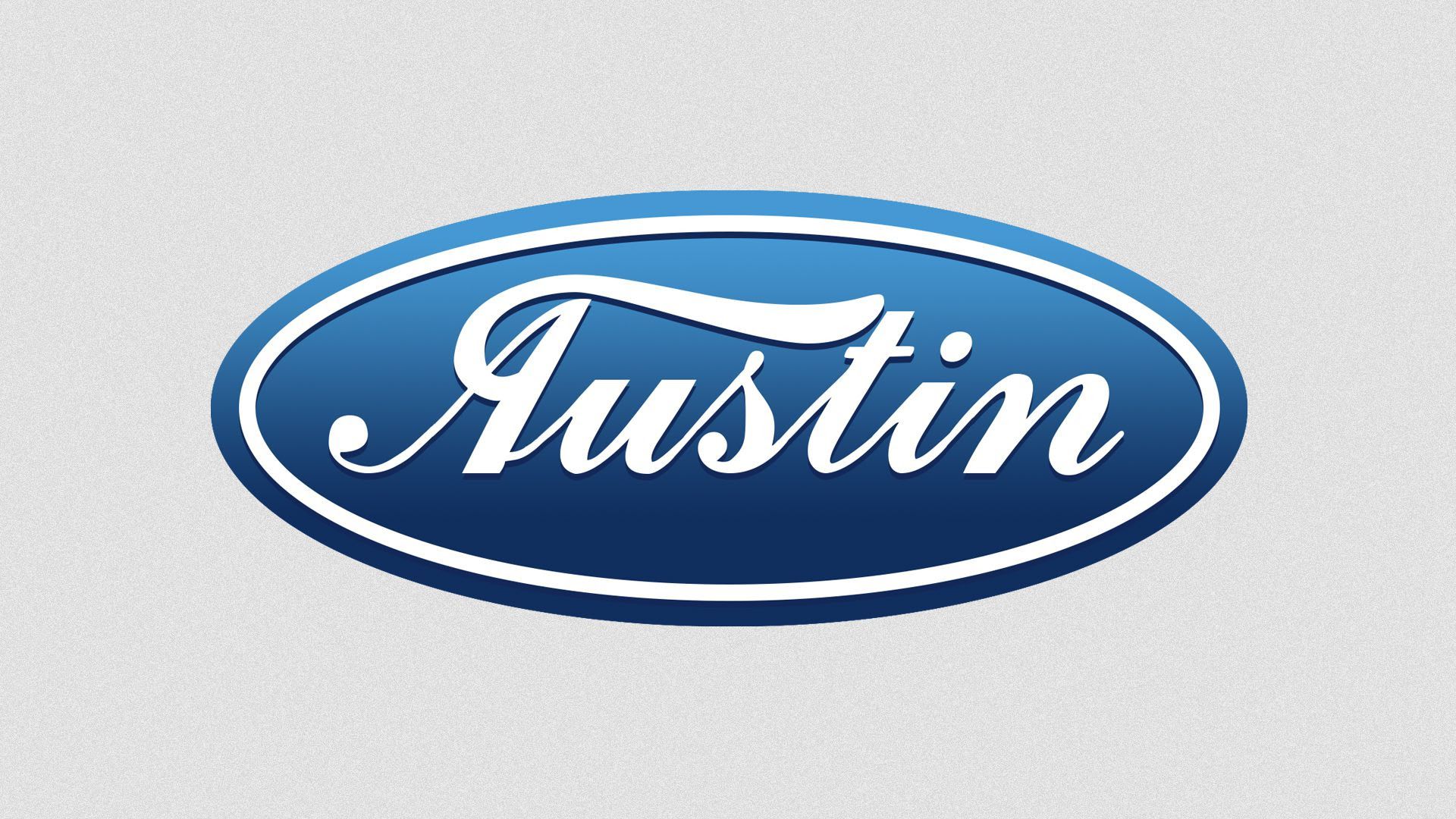Ford's self-driving cars roll into Texas
Add Axios as your preferred source to
see more of our stories on Google.

Illustration: Aïda Amer/Axios
Ford is bringing self-driving cars to Austin, Texas — its third launch city — but says it'll take at least 2 years to figure out how they'll be used and how to make money from them.
The big picture: Ford and its technology partner, Argo AI, are taking a different tack from most other AV companies, which tend to focus on a single launch market.
- GM Cruise aims to launch robotaxis in San Francisco, for example, but said in July it would not meet its aggressive 2019 deployment target.
- Waymo's commercial ride-hailing service, Waymo One, is operating in metro Phoenix (still with backup drivers) although Waymo is doing weather testing in more than 25 cities.
- Uber, after a fatal pedestrian accident in Arizona, is now testing only in Pittsburgh. It plans to gather mapping data in Dallas soon.
- Lyft is partnered with Aptiv on an AV shuttle pilot in Las Vegas.
- Voyage is piloting its ride-hailing shuttles in The Villages, a retirement community near Orlando.
Ford, on the other hand, is fanning out across 6 cities with test vehicles, and says it will launch commercial service in 3 — Miami, Washington, D.C., and now Austin — beginning in 2021.
- Unlike competitors, it has not adjusted its deployment timeline, which had been seen as conservative in 2017 when hype over self-driving cars reached its peak.
- More time is needed, Ford says, to digitally map each city, learn its unique driving characteristics and — most important — work with city leaders to identify how AVs should be used to improve transportation problems.
- "We're all in to drive the integration of the technology and work on the business model because technology for the sake of technology won't work," Sherif Marakby, CEO of Ford Autonomous Vehicles, told reporters.
Yes, but: Deploying automated vehicles in a single city is a costly slog, notes Brian Collie, head of Boston Consulting Group's automotive and mobility practice.
- You can't drop a fleet of AVs in a city overnight like a scooter company can.
- Creating precise digital maps of an urban area, and then validating the technology there, costs between $300 million and $400 million per city, Collie estimates.
- That's why BCG predicts there will be different AV winners in each city.
- In choosing launch markets, AV companies weigh everything from city layout to weather, critical business decisions that will determine which populations are first exposed to AVs and how they'll develop, Rob Toews writes for Axios Expert Voices.
Ford argues its multi-city approach will give it an edge by allowing it to scale up faster.
- "If we have a launch in 3 cities, in a variety of environments, we'll be able to scale fast ... and we think scale is key," Marakby says.
What to watch: Ford test vehicles will begin mapping Austin streets in November, following a similar pattern as in Miami and Washington.
- One of the potential challenges for self-driving cars in Austin: dodging all the scooters.
Go deeper: How AV companies are picking their U.S. launch markets
